
China’s growing control over Sri Lanka infrastructure projects sparks concerns

Colombo [Sri Lanka], July 2 (ANI): China’s increasing control over high-profile Sri Lankan infrastructure projects has renewed fears that the country may soon become a Chinese colony. This comes after the China Harbor Engineering Company (CHEC) won a new development project last month for a 17-km elevated highway in Colombo.
The terms of the deal allow CHEC to own the highway, recover the principal, earn profits and hand it over to the Sri Lankan government after 18 years. This makes the CHEC the first foreign company to own a highway in Sri Lanka, Nikkei Asia reported.
The CHEC is a subsidiary of state-owned China Communications Construction Company (CCCC) and has led several infrastructure projects in Sri Lanka, including Hambantota Port and Mattala International Airport. It is currently constructing the USD 1.4 billion Colombo Port City.
CHEC has a significant project portfolio in Sri Lanka, especially in Colombo and Hambantota, the latter being the hometown of former President and current Prime Minister Mahinda Rajapaksa. Under Rajapaksa’s tenure, Sri Lanka has steadily increased its dependence on China for investment in massive infrastructure projects.
Sri Lanka touts the new offshore development as a future financial hub but the 269-hectare plot has already attracted a fair number of critics, who claim the government fast-tracked controversial legislation that gives China sweeping powers over the site at the expense of Sri Lankan sovereignty, according to Nikkei Asia.
Among other concerns is the legislation’s lack of control over the offshore banks and companies that will operate there. Observers are worried that these foreign entities could become conduits for money laundering or other illicit operations.
“A financial hub requires heightened scrutiny, and merely applying the law of the land may be insufficient,” said Sankhitha Gunaratne, deputy executive director of Transparency International Sri Lanka, an anti-corruption organization.
Jonathan E Hillman, a senior fellow in the US, says that China’s opaque lending provides an avenue for influence, which can put pressure on borrowing countries to make additional concessions, such as granting preferred access to natural resources, future government contracts and diplomatic support.
Last year, the CCCC was blacklisted by the administration of former US President Donald Trump for helping China build militarily strategic islands in the South China Sea, which the US claimed were illegal. It was also blacklisted by Bangladesh in 2018 for allegedly trying to bribe a senior government official when the company was negotiating with Dhaka to expand a major highway in the capital.
CHEC has also had its share of corruption scandals in Sri Lanka, including allegations that it funded former president Mahinda Rajapaksa’s election campaign in 2015 in his bid for a third term, reported Nikkei Asia.
Investigators linked payments totalling USD 1.1 million from the Chinese company’s bank account to Rajapaksa supporters involved in election work. CHEC denied the allegations, saying it has never been involved in the internal affairs of Sri Lanka.
Meanwhile, a Sri Lankan television channel reported seeing Chinese men in military-like attire cleaning an old irrigation tank south of Sri Lanka. As per Sri Lankan law, wearing or even being in possession of a military uniform when not serving in the military is a punishable offence.
The Belt and Road Initiative (BRI), which is known as Chinese President Xi Jinping’s signature initiative, is the centre of Beijing’s debt-trap diplomacy in other nations. The BRI has been plagued by allegations of corruption and malpractice, and many of its completed projects have proved not to be financially viable. (ANI)

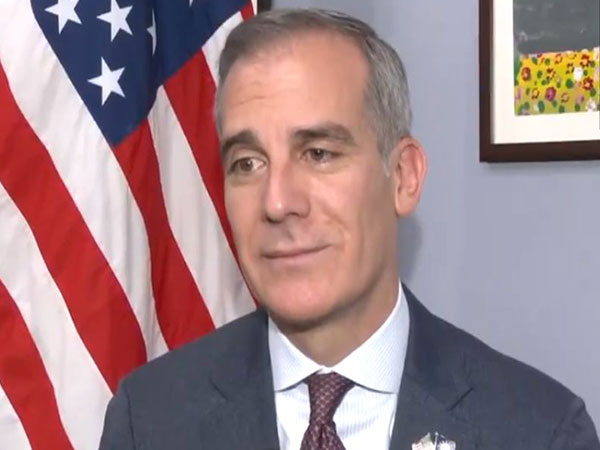
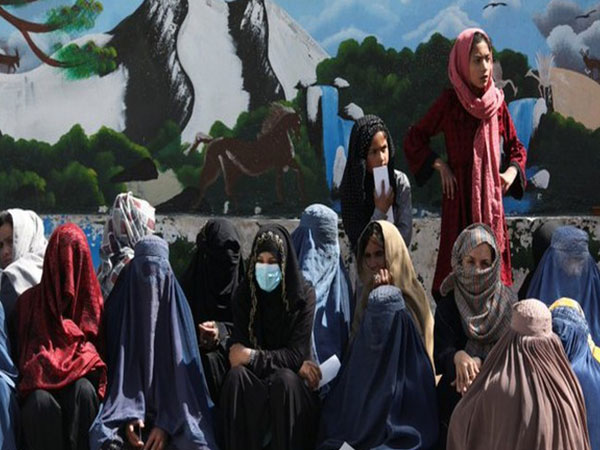

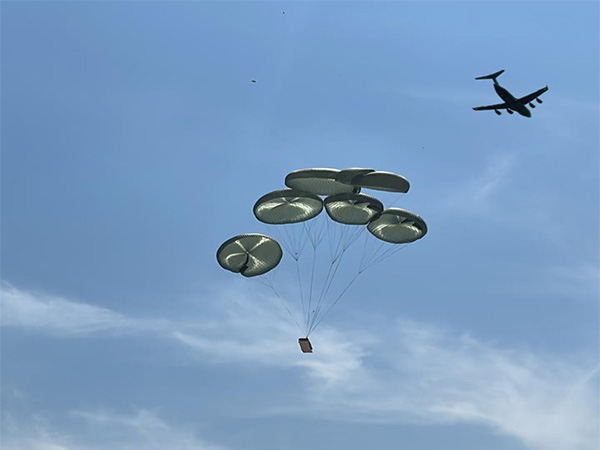
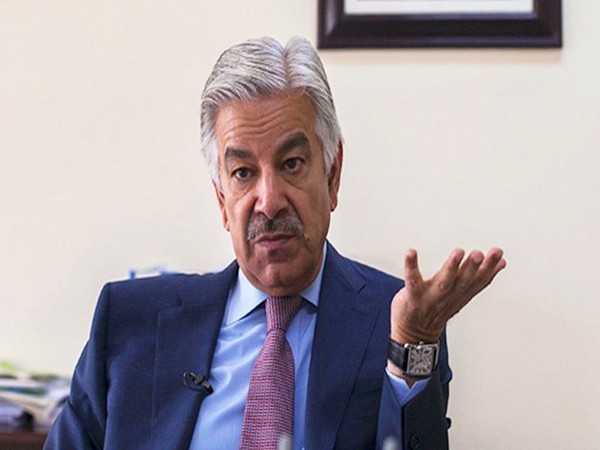
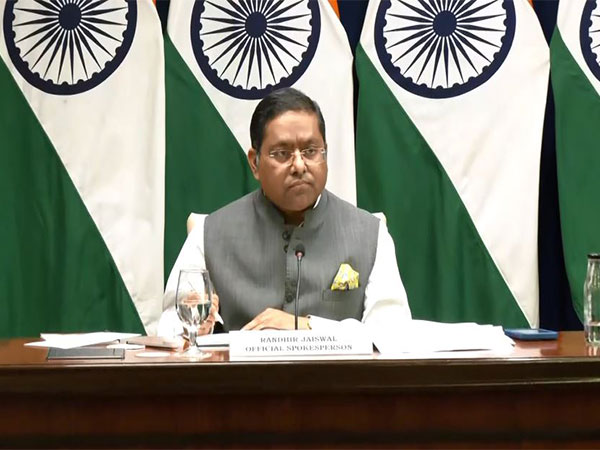










POST COMMENTS (0)